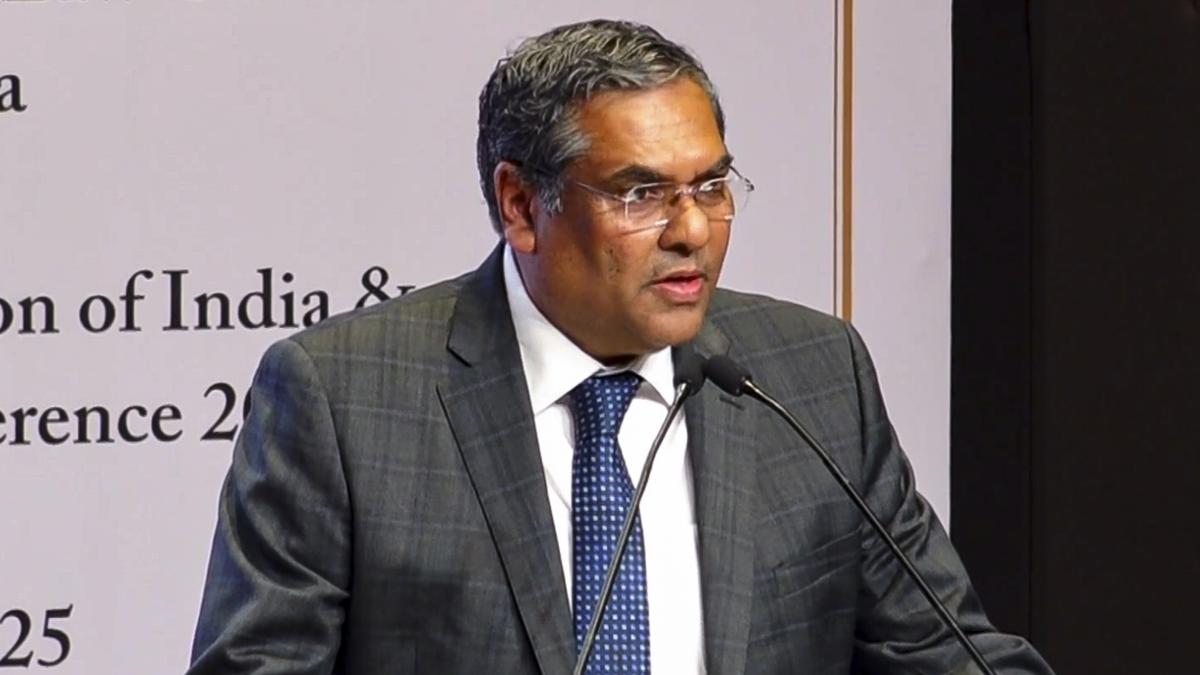Now Reading: SC Upholds Kerala HC Order to Extend Toll Ban at Paliyekkara
-
01
SC Upholds Kerala HC Order to Extend Toll Ban at Paliyekkara
SC Upholds Kerala HC Order to Extend Toll Ban at Paliyekkara

### Swift Summary
– The Kerala High Court’s four-week ban on toll collection at Paliyekkara Toll Plaza on National Highway 544 remains effective, as the Supreme Court declined to overturn the decision.
– The Supreme Court bench comprising Chief Justice B.R. Gavai and Justices K. Vinod Chandran and N.V. Anjaria upheld the decision of the High Court, emphasizing smooth traffic conditions for citizens.
– the Division bench of the Kerala High Court has been requested by the Supreme Court to monitor traffic conditions during this period.
– The National Highway Authority of India (NHAI) or its concessionaire can petition to lift the toll ban once proper road conditions are restored and traffic flow improves.
– Supreme Court highlighted citizens’ right to safe, unhindered use of roads for wich they have already paid taxes, criticizing inefficiency marked by potholes and poor road maintenance.
– NHAI argued that repair work on black spots minimally disrupted vehicular movement but was countered by judicial reasoning about broader negative impacts on traffic.
[Published August 19, 2025]
—
### Indian Opinion Analysis
The decision underscores a growing judicial focus in India on balancing public infrastructure responsibilities with accountability from authorities like NHAI. Courts have explicitly linked toll revenues-the financial backbone for maintaining national highways-with citizen expectations of hassle-free travel over well-maintained roads. This reinforces a precedent that infrastructure agencies cannot compromise user experience even temporarily without consequences.
Such rulings can set higher standards for road management across India while also bolstering openness in how infrastructural funds are utilized. Though, disruptions caused by enforcement actions such as toll bans may risk short-term economic implications if not resolved swiftly through improved accountability measures by affected authorities.
Read More:






















